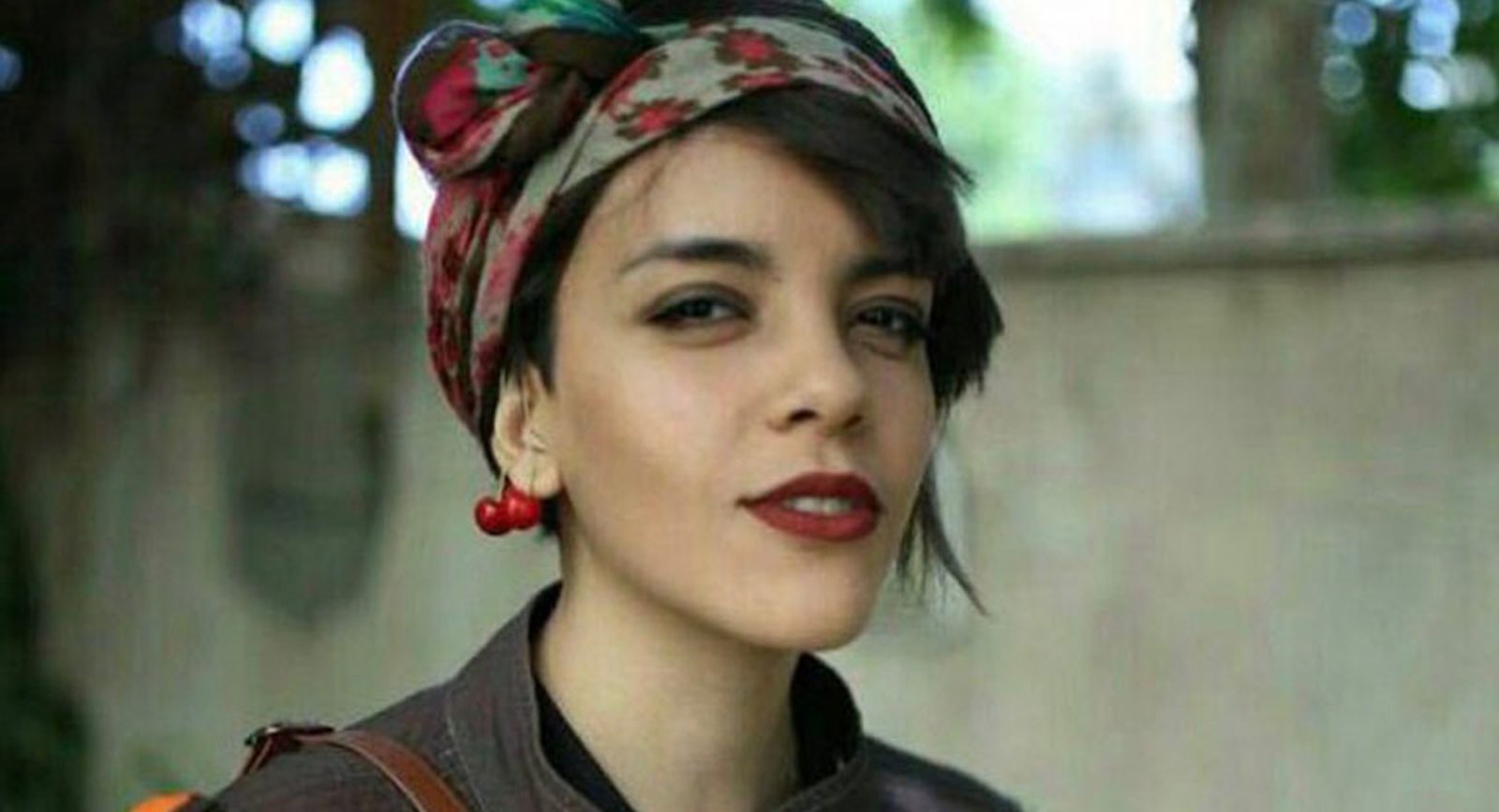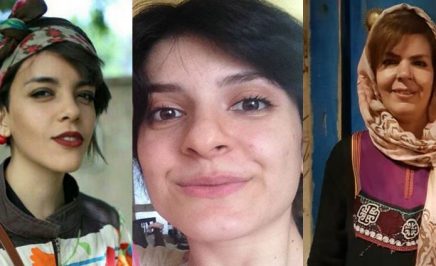After pressure from over one million Amnesty supporters from around the world, Yasaman’s prison sentence has been reduced. Sentenced originally to 16 years for campaigning against Iran’s forced veiling laws, she will now be required to serve 5 years and 6 months.
With her head uncovered, Yasaman handed out flowers to women on the Tehran metro on International Women’s Day in 2019. She spoke of her hopes for a future where all women have the freedom to choose what to wear, so that one day they could walk together – “me without the hijab and you with the hijab”.
A video of her act of defiance went viral prompting Iran’s authorities to arrest her. In July 2019 she was sentenced to 16 years in prison – simply because she believes women should have the freedom to choose what they wear.
Her mother and fellow women’s rights defender, Monireh Arabshahi, was also arrested when she went to enquire about her daughter. She was also sentenced to 16 years in prison – her sentence was also reduced in 2020.
One million speak up
Over 100,000 Amnesty supporters in Australia took action for Yasaman in the year following her arrest. Around the world, over one million people took action for Yasaman in 2019.
In February and early March this year hundreds of Australians made ‘freedom flowers’ on International Women’s Day, and signed petitions at rallies and events calling for Yasaman’s release. These flowers, along with the 100,000 actions were posted to the Iranian Embassy in Canberra on 10 April 2020 to mark the first anniversary of Yasaman’s arrest.
Iran’s veiling laws
Under Iran’s compulsory veiling laws, women and girls are forced to cover their hair with a headscarf whether they wish to do so or not. Women who do not are treated as criminals by the state and may be arrested, prosecuted and sentenced to a prison term, flogging or a fine.
In the last few years, a growing movement against forced veiling laws has emerged inside Iran, with women and girls performing courageous acts of defiance. They stand in public places, silently waving their headscarves on the ends of sticks or share videos of themselves walking down the street with their hair showing. Men have joined this movement, too. So have women who actively choose to wear hijab – because the movement is about choice: a woman’s right to choose what to wear without fear of violence and imprisonment.



